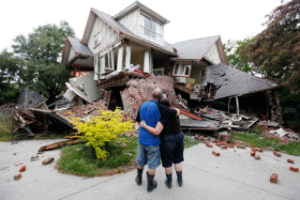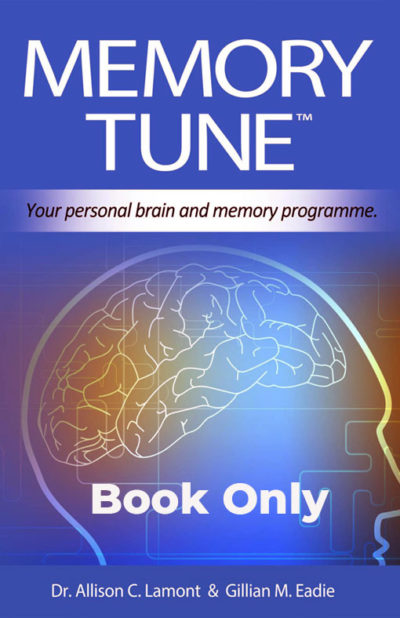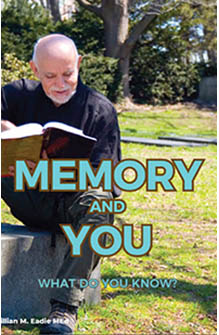Earthquakes, tornadoes, tsunami – what’s happening to the world?
And all of these disasters have left heartbreak in their wake. Dr. Lamont (co-founder of Memory Foundation) lived in Christchurch and as a counsellor and in her Memory Clinic she worked with many very distressed clients. Earthquake stress is still taking its toll.
From her blog:
“People are describing themselves as ‘scattered’, with little focus or concentration. Technology experts are talking of looking away from their computer screens and then being unable to recall what they had been viewing seconds before. Inability to recall well-known information is causing added distress. Teachers report students are unable to stay ‘on task’. This has far-reaching ramifications as work productivity drops and students prepare for end-of-year examinations.”
So what can be done to help these symptoms?
Stress affects your memory function.
Here are a few simple strategies to try if you are feeling under pressure.
When Stress Affects Your Memory.
- Take a deep breath and exhale slowly; do this three times and concentrate on physically relaxing
- Step away from whatever it is that you are doing. Stretch your arms forwards, to the sides; clasp your hands behind your back and pull your shoulders back. Breathe deeply.
- Get physical: walking, jogging, swimming, gardening or other activities you enjoy will all help your body ‘get back in tune’.
- Be determined NOT to multi-task – one thing at a time is all that you can expect when you are under stress.
- Give yourself permission to say ‘no’ when you need to.
- Treat yourself to a massage or maybe acupuncture?
- Be sure you do all you can to get a decent night’s sleep. That is SO important.
- Professional help ( e.g. psychotherapy, anger management) might be needed if the stress persists but there are many self-management things you can try first,
Read also: What Do You Know about Stress?, Check Your Stress Levels
Do you have a favourite stress-management tip? Please share it with us below.






I took to observing two chubby birds perched in a branch nearby. It was a cafe break. I wondered. How lovely to soar through the sky in freedom and relaxation. “As happy as a bird” they say don’t they. I look at them. They appeared to look at me. One hopped off the branch and perched on a ledge close by.
I broke off a piece of my muffin as an offering . Gratitude for the gentle distraction offered.
The last six months have been very stressful so any nuance of this kind have become a happy release. And really as I discovered, if you go and look, just like me, you will find them.
Normally my physical exercise is a 13 Km bikeride 5 days out of 7. Having to stay closer to home in the last while I decided my workout would have to be at home. My new gym in fact. I cleaned the windows sparkling clean. Braved myself to go into the teenagers bedroom and whipped up a fright there!
Generally, when I worried I had a strategy to ease the tension building up. And you know it had its advantages. A very physical workout to release the tension and then the satisfaction of savouring the loveliness.
Underpinning all this is my personal faith. I start the day with prayer and a breathing technique, finishing with prayer and thanks for the little things that come my way during the day.
Hope for me is the shining light leading through good times and not so good times.
And recovery and wellbeing is on the horizon. Though I have no wings like my little bird friends , my heart is soaring.